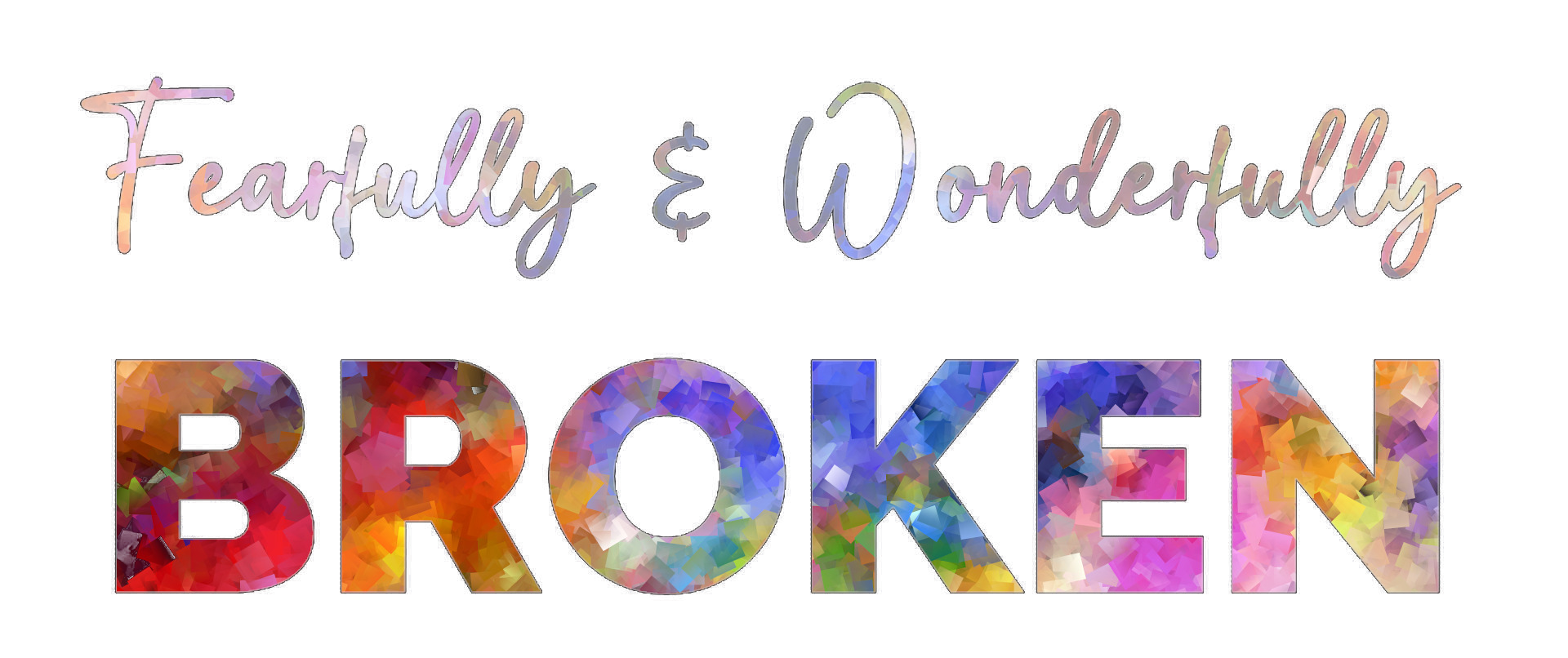Dear John,
There’s a proverb you really like, but you often get it badly wrong.

To understand why you are wrong about it, it will help to introduce the character of the Troll. Trolls criticise a lot; they wound a lot. But they don’t do it to help the other person, or the situation. A troll is a relentlessly negative person with no interest in learning or growth.
Now let’s think about some implications of the proverb that you miss.
1. It doesn’t mean that friends always wound you, nor does it mean that all who wound you are friends. Actually, kind of the reverse. Wounds from friends are unusual because they are rare, like kisses from an enemy. Friends are not trolls, and trolls are not friends.
2. If you just criticise without first building a relationship, people will assume that you are a troll rather than a friend, and any potential benefit from your criticism will be lost.
3. Most people need to be told that they can trust wounds from friends. Even in the context of a friendship, some people find criticism hard to take.
4. Not all those who multiply kisses are enemies. Some of them actually do like you, or are trying hard to be friendly. Not everyone who compliments you is seeking your harm.
So what does the proverb mean?
There are people called “friends” and people called “enemies”. Friends are characterised by loving at all times (Proverbs 17:17) – in other words they always want your good. Enemies are usually identified by their hostility, though enemies can in time become friends, especially when there’s powerful reconciliation going on (e.g. Luke 23:12!) And yes, that’s a bit of an oversimplification, but that’s often how Proverbs works – it massively simplifies some aspects of life to examine an important detail. It’s like science in that way.
If someone who you know to be a friend criticises you, then you can trust that criticism. Often therefore you shouldn’t trust criticism.
If someone you know to be an enemy is seeming very friendly, don’t trust it. And if someone you don’t know is being very friendly, that doesn’t necessarily mean they are a friend.
If you want to make useful criticism, rather than just coming across as a troll, you need to first:
- Make sure that they know you have their best interests at heart. Not by you telling them, but by seeing the evidence of it.
- Establish that you are competent or experienced in that area.
- Don’t take every opportunity to criticise. Make it rare, and only do it when you are clear in your own mind that you are doing it for the other person’s benefit.
Why do I bother writing all this?
Because you have an unusual perspective on things, you are often in a great position to be able to offer effective criticism. And because of your character, it’s easier for you to offer helpful criticism than for many other people. It’s an incredibly valuable skill in the right contexts.
But it’s also really hard for you to judge it right so as to be clear and not to offend people. Lots of people take criticism badly, sometimes that’s their fault, and sometimes it’s your fault for pitching it wrong. If you learn the important skills around criticism, it can be a massive strength. If you don’t, it will be a significant weakness.
All the best,
Future John

Fearfully & Wonderfully Broken is a series of letters from an autistic pastor to his teenage self, covering topics like faith, autism, disability and how to cope with life.
Most of the titles are deliberately wrong, and/or provocative (see letter 2).
 John Allister is the vicar of St Jude’s Church in Nottingham, England.
John Allister is the vicar of St Jude’s Church in Nottingham, England.
At age 18, he was a maths/science geek who didn’t realise he was autistic.
